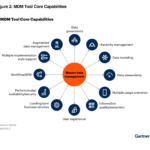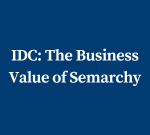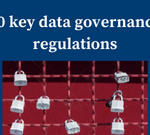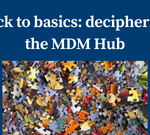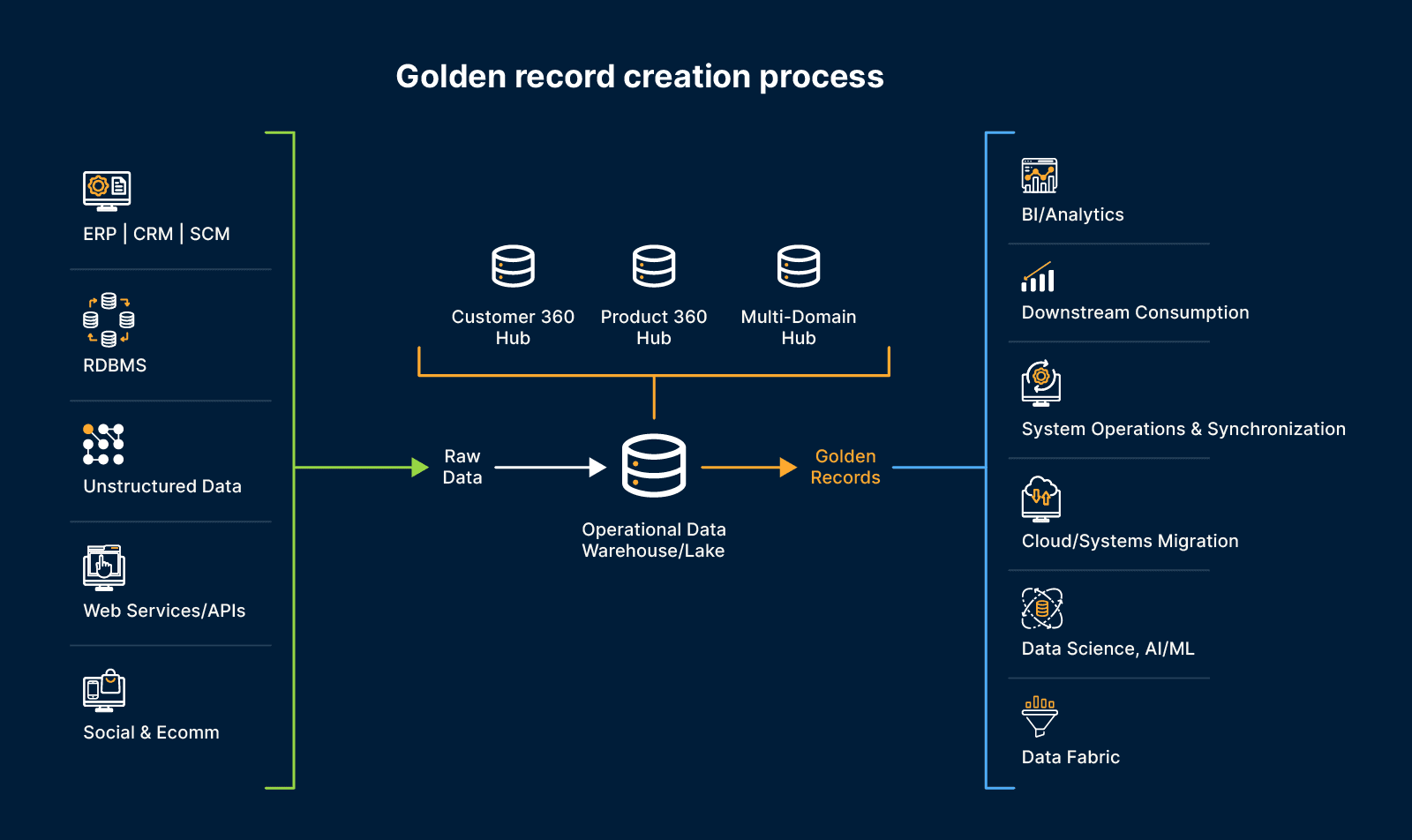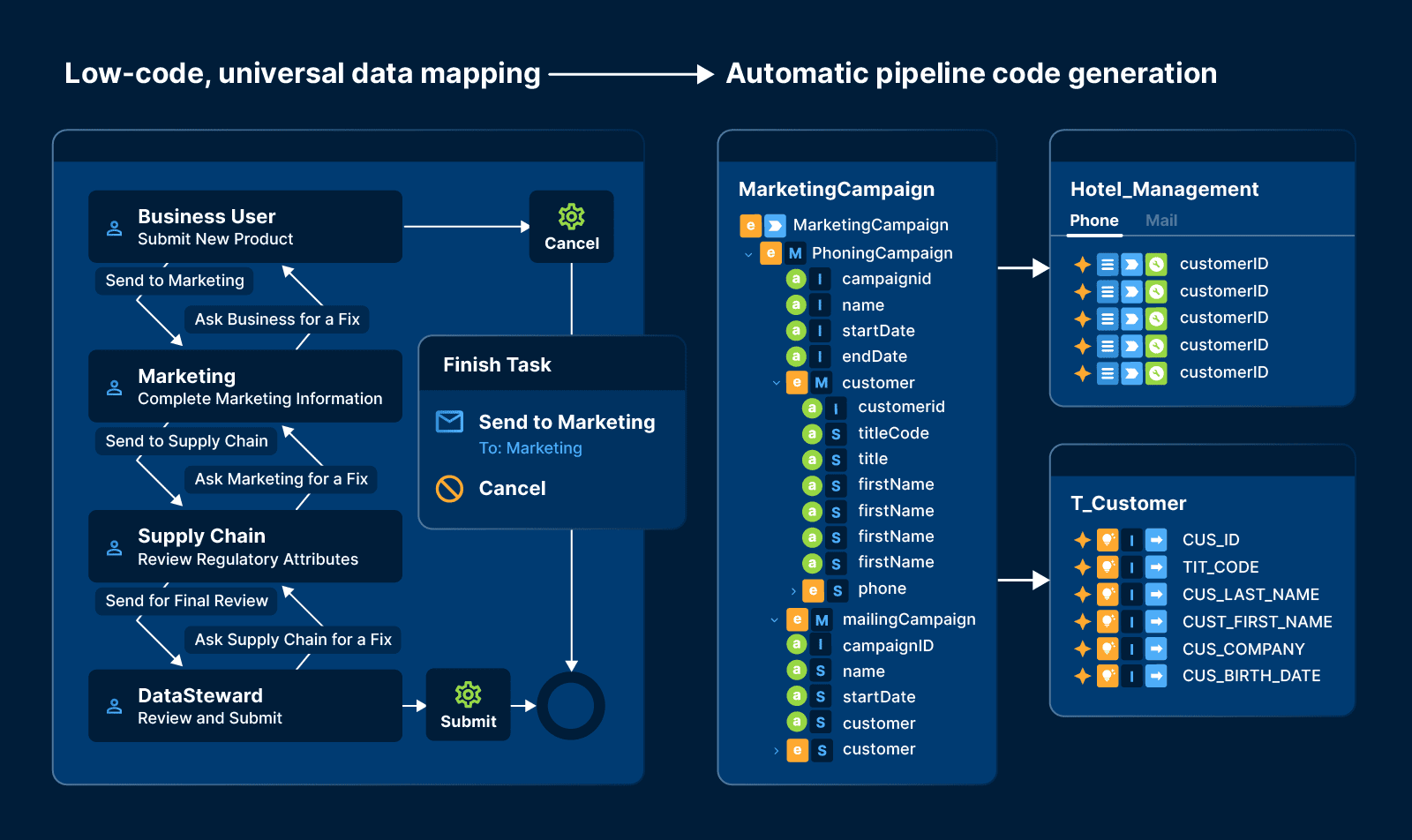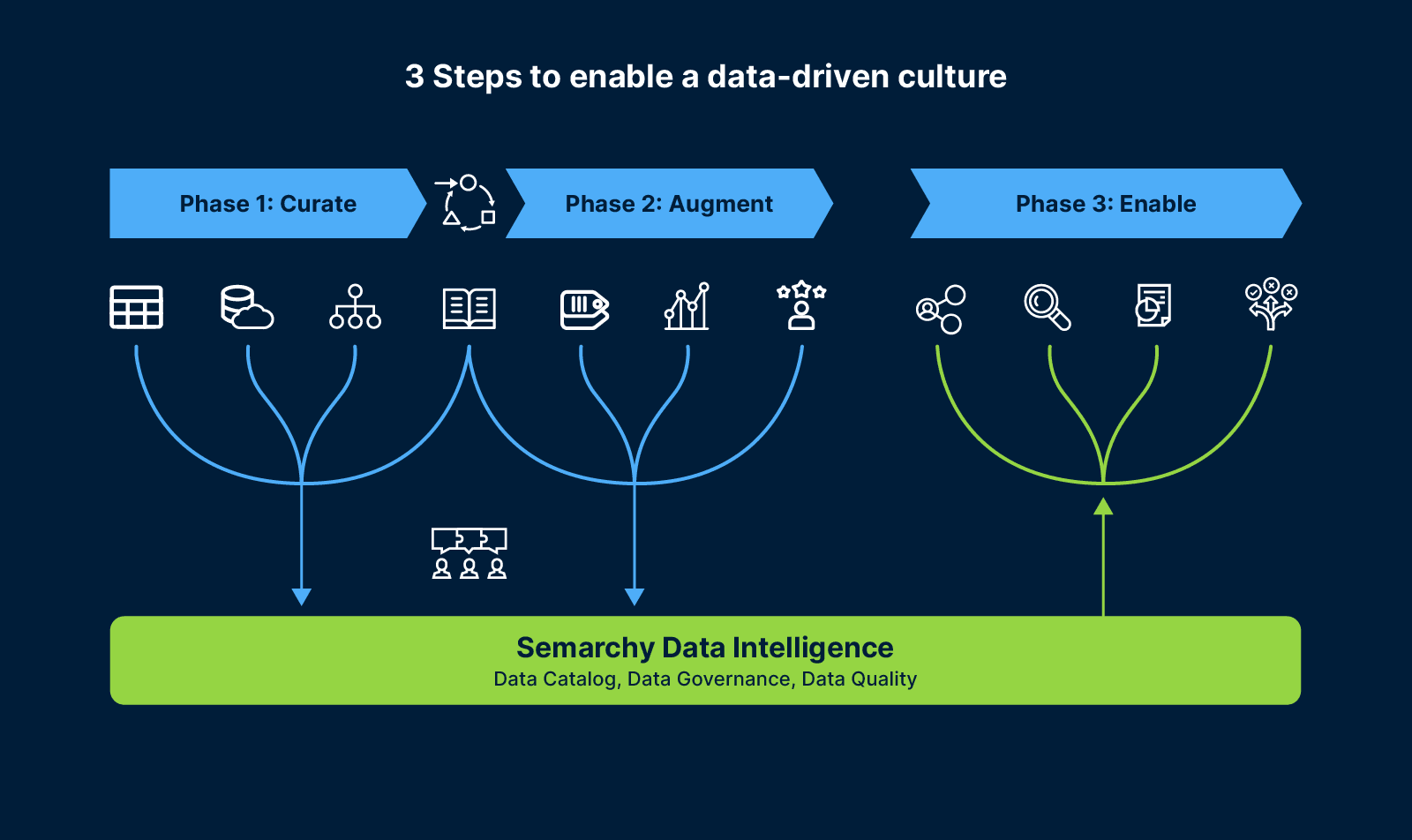Discover why industry leaders trust us for their MDM strategy.
Gartner MDM Market Guide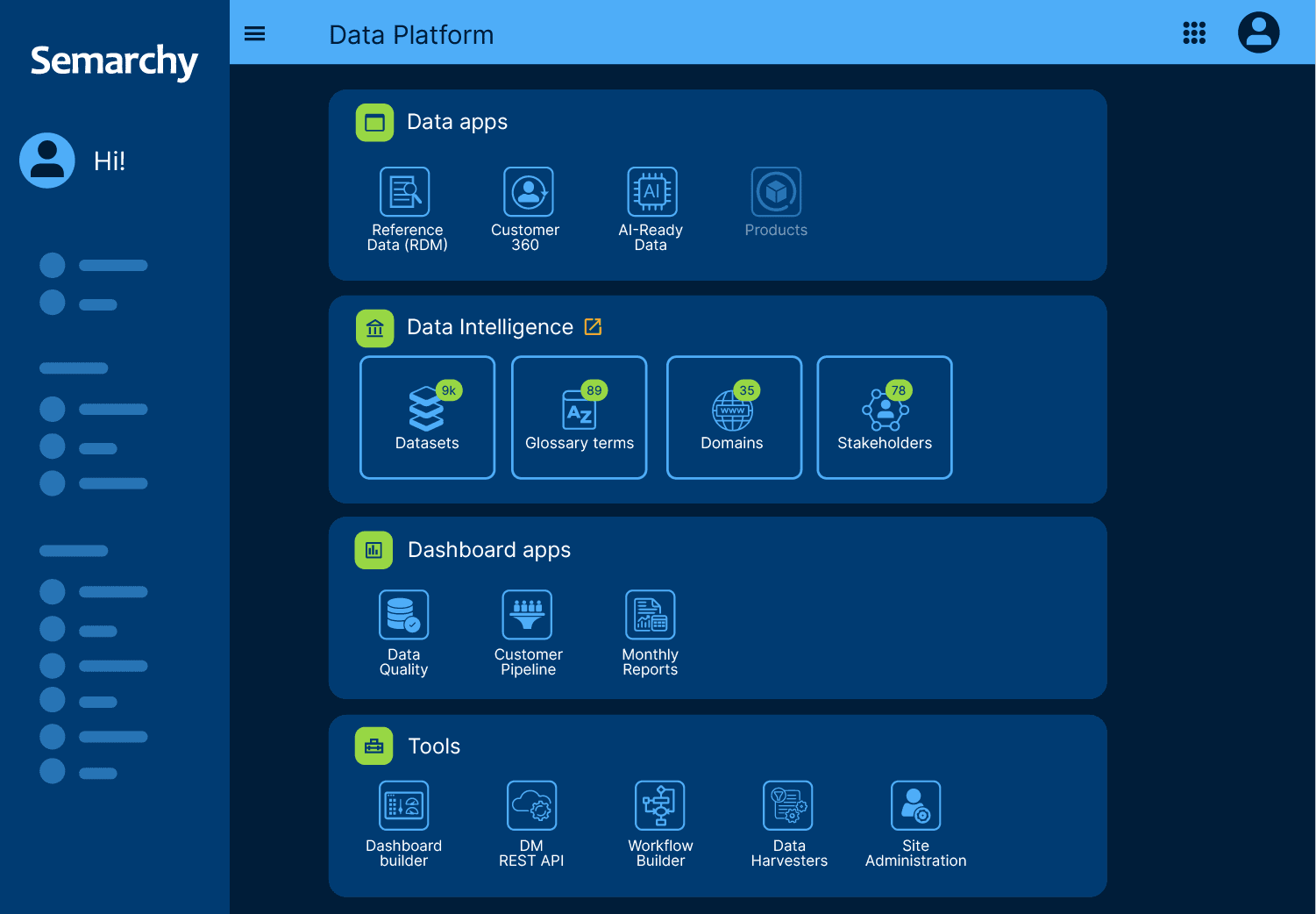
A unified design experience for scalable data insights
Quickly implement one source of unified data, and leverage better tools to accelerate production-ready data, uncover insights, support better decision-making, and power AI initiatives with the Semarchy Data Platform.
Accelerate innovation and unlock value across your enterprise
The Semarchy Data Platform drives measurable insights, efficiency, and productivity for team members at every level. See how Semarchy can transform your business with proven results.
38%
faster insights with the Semarchy Data Platform
~5.2x
increase in productivity of data FTEs gained annually
50%
less time spent training end users, compared to other data platforms
Allow your business and DataOps teams to collaboratively deliver trusted insights
Self-service business intelligence
Easily access all your data management apps, products, and dashboards from any browser.
Accelerate adoption
With an intuitive, user-friendly interface, the Semarchy Data Platform places data and insights at the fingertips of your business teams.
Collaborative stewardship
Leveraging engineering best practices, we remove friction and make it easier for your teams to make an impact across your organization.
Modular and adaptable
The flexible interoperability of the Semarchy Data Platform allows you to quickly respond to shifting business priorities and rapidly deploy new data products.
Unified DataOps experience
With an intuitive, no-code design and seamless deploy functionality, you can connect, transform, and deliver data from a single platform while accelerating DataOps adoption.
Nimbly adapt to change
The Semarchy Data Platform is designed to support your business growth. Deploy quickly before intentionally evolving your data strategy to align with your business strategy.






























